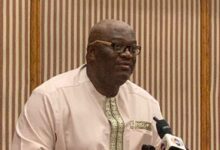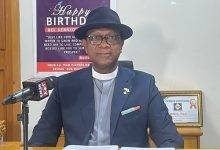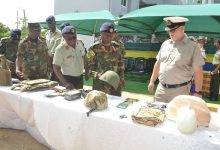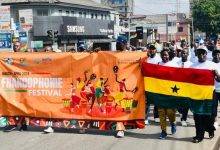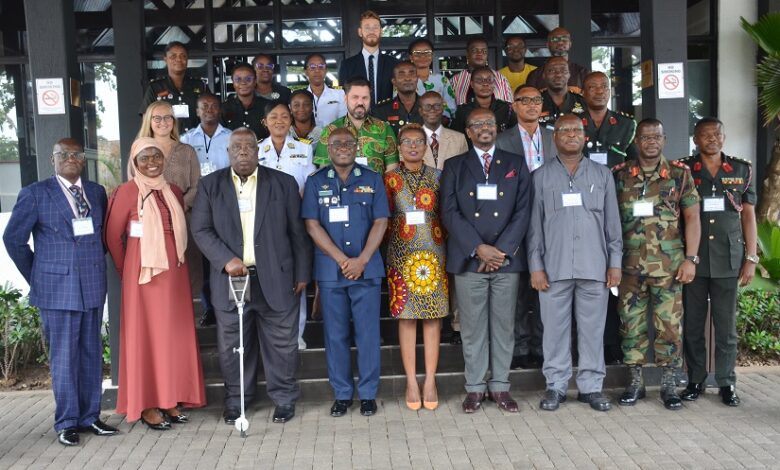
A three-day workshop on Ghana’s participation in peacekeeping is underway in Accra.
Organised by the Kofi Annan International Peacekeeping Training Centre (KAIPTC) in collaboration with the Danish Institute for International Studies (DIIS), the event was to gather varied experiences and testimonials of former and current peacekeepers to enhance the understanding of peacekeeping in the public domain.
It would provide a platform for an open discussion and experience sharing on peacekeeping as well as identify lessons from the perspectives of peacekeepers for learning purposes.
The workshop comes on the back of the Domestic Security Implications of Peacekeeping (DSIP) project that seeks to generate new knowledge on the domestic security implications of Ghana’s UN peacekeeping experiences.
It also seeks to demonstrate the possible correlations (both positive and negative) between global peacekeeping engagements and its impacts on legitimate security institutions.
Opening the session, Air Commodore George Arko-Dadzie, Deputy Commandant, KAIPTC, said Ghana was currently the ninth largest troop contributing country (TCC) to United Nations (UN) peacekeeping missions around the globe to contribute to stabilisation and other mission types.
Similarly, he noted that the country also contributed to other regional peace operations in Liberia, Lebanon, Western Sahara, Sierra Leone, Mali, and Côte d’Ivoire as well as continental missions in Somalia and Sudan.
He explained that UN Peacekeeping was one of the most essential tools for creating lasting peace and responding to international crises.
However, Air Commodore Arko-Dadzie, explained that peacekeeping missions in recent times were facing increasing pressure to adapt to volatile environments, saying “peacekeeping missions now operate in far more dangerous, complex and high-risk environments.
They are under threat from armed groups, criminals and terrorists who have access to powerful modern weapons,” he stated.
The existence of violent extremist groups, he said, posed a major threat to the successful implementation of mandates and impacted the ability to operate safely and securely in mission areas and carry out tasks.
He added that the situation was further compounded by budget cuts and growing expectation that existing missions continued to use fewer resources to achieve much improved outcomes.
While there had been ongoing reforms to strengthen uniformed capabilities, the Deputy Commandant said the operational realities required a holistic overhaul of mission performance to arrive at a better design and delivery of peacekeeping.
Prof. Emmanuel Kwesi Aning, Director of Faculty of Academic Affairs and Research, KAIPTC, bemoaned the lack of linkage between Ghana’s foreign and defence policy, which formed the basis for Ghana’s deployment of military personnel for peacekeeping missions.
He advocated the need for a contextual underpinning to the country’s continuous involvement in peacekeeping operations, adding that Ghana’s objectives for its participation should be defined.
Peter Albrecht, Senior Researcher, Danish Institute for International Studies commended Ghana for decades of commitment to peacekeeping in both global and regional missions.
He said the experiences gathered would be helpful in contributing to behavioural change and become drivers of stability.
BY CLAUDE NYARKO ADAMS

